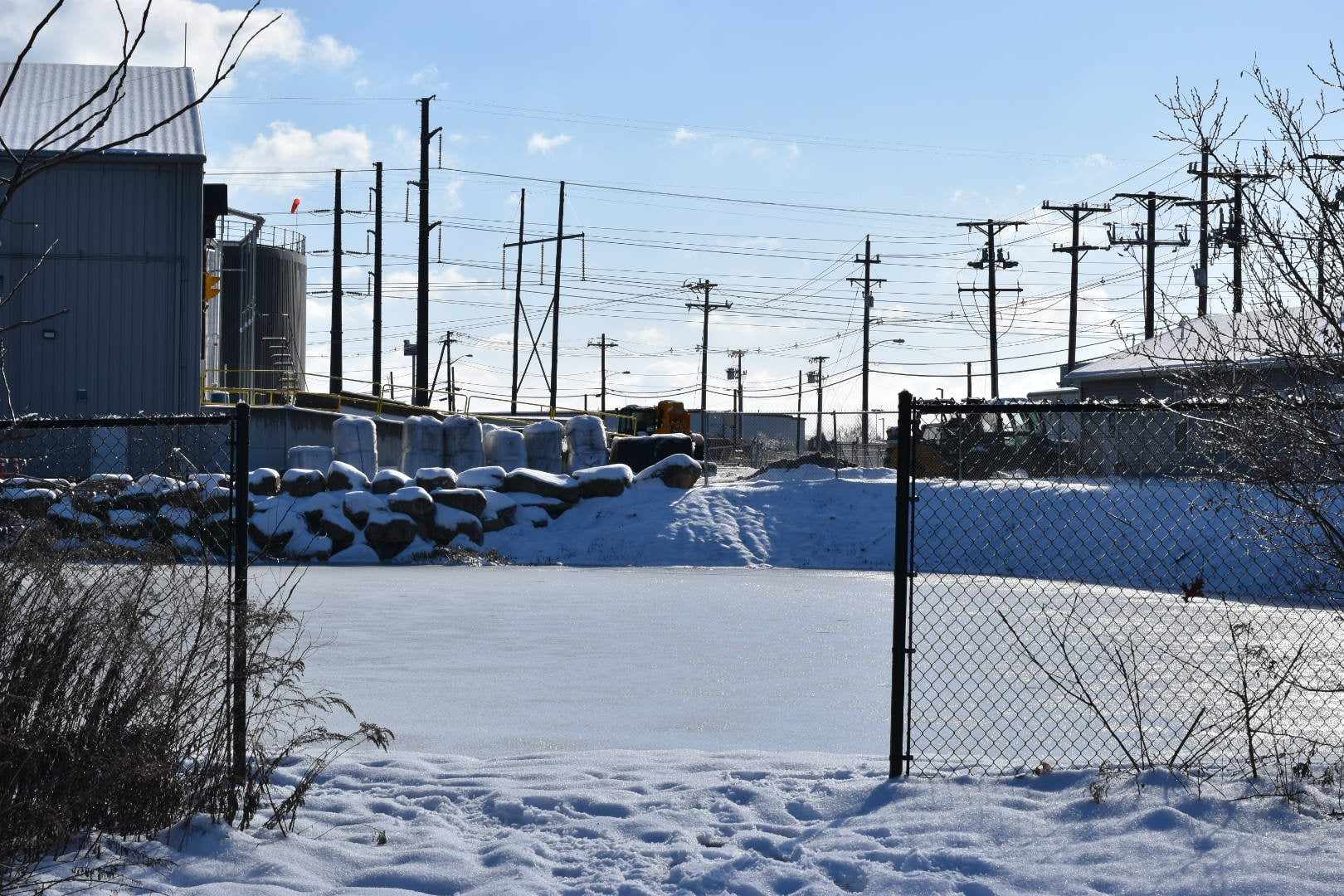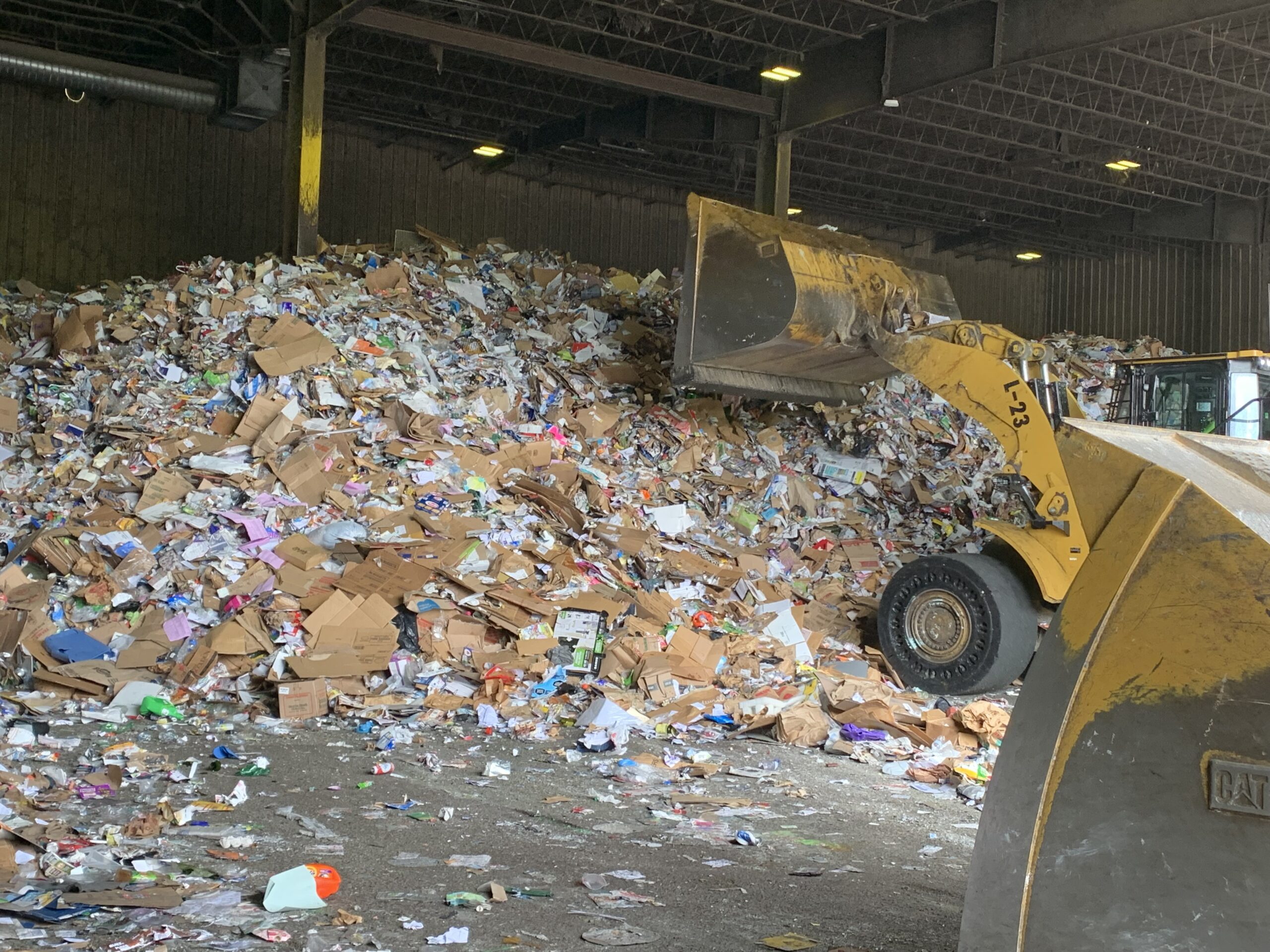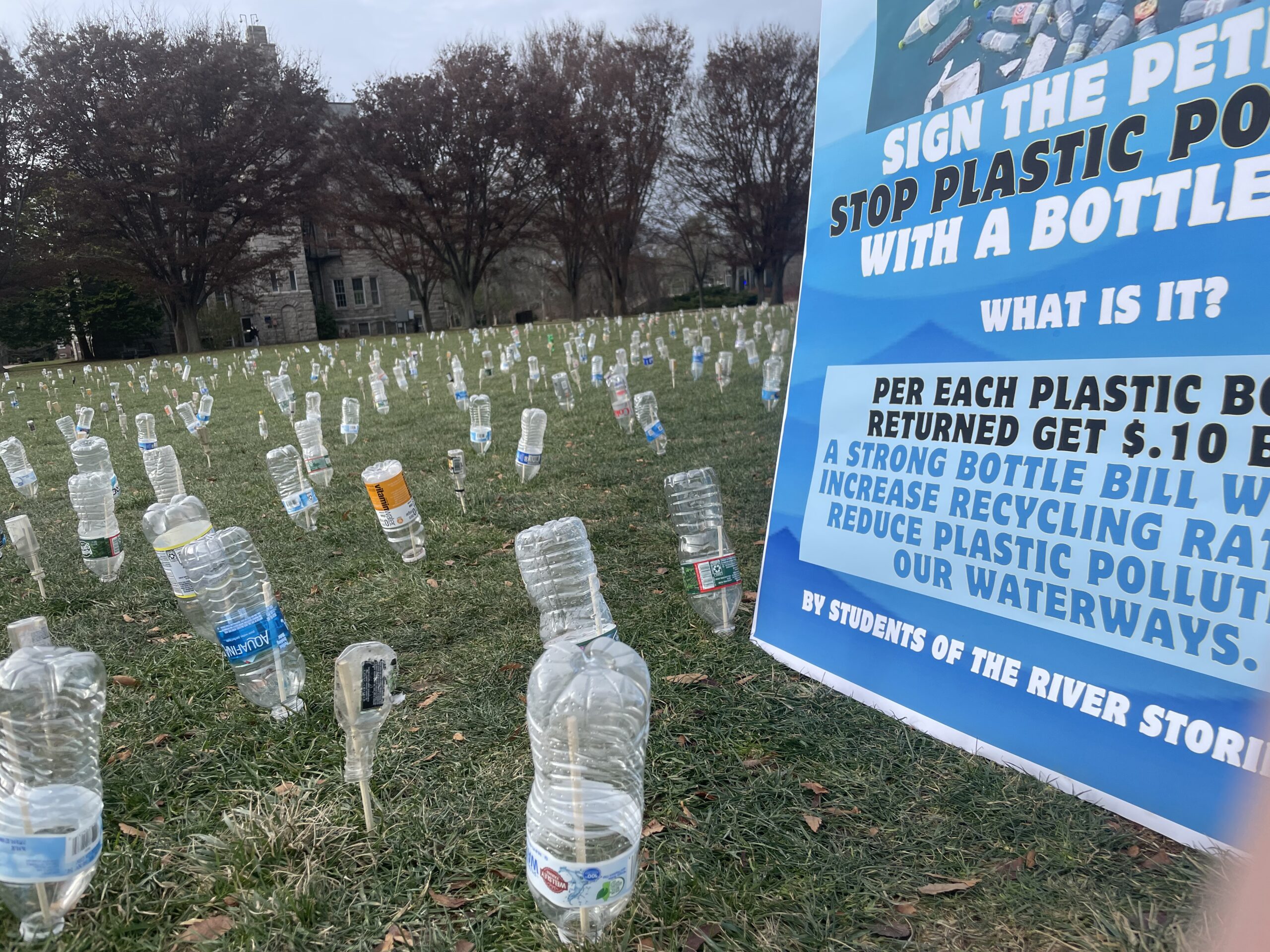Providence Prepared to Reduce Bag Ban Exemptions
June 29, 2020
Since the ban on plastic retail bags began Oct. 22, 2019 the city has granted some 107 temporary waivers for retailers that wanted more time to deplete their inventory of plastic bags.
Now the Office of Sustainability wants the exemption granted much less often. Currently, 22 Providence businesses have waivers in place, including the Brown University Bookstore and The Cheesecake Factory. Three additional art supply stores have been granted five-year extensions so that plastic bags can be used to protect sensitive items from the elements.
Leah Bamberger, the city’s director of sustainability, noted that many retailers planned ahead and were ready to offer paper bags to customers last October. Some of these stores now want more retailers to make the switch to paper bags.
“And they expressed frustration with the store across the street or down the street that is providing plastic bags. It causes confusion,” Bamberger said during a June 25 online meeting of the Environmental Sustainability Task Force (ESTF).
Bamberger said shoppers are perplexed by the rule. She receives complaints from customers that don’t know that stores using plastic bags have been granted exemptions. Overall, it’s difficult to enforce the ban and conduct public education, she said.
“So we feel that a year after the law went into effect is an appropriate timeline to just say we’re done if you have excess (plastic bag) inventory,” Bamberger said. “Figure out what to do with (plastic bags) but you won’t be allowed to use that for retail checkout bags anymore.”
ESTF chair Sue AnderBois said the plastic-bag industry appears to be seeking suspensions of bag bans around the country by stoking fear that paper and reusable bags spread the coronavirus.
“I’m glad Providence is sticking with it and continuing to move forward,” AnderBois said.
The decision was approved by the ESTF. Mayor Jorge Elorza and the City Council will be asked to confirm the decision.
There is no evidence that reusable bags transmit the coronavirus. The Centers for Disease Control and Prevention hasn’t found a documented case of the disease spreading by coming into contact with a contaminated surface.
Yet there is a mishmash of rules regionally and nationally for shopping bags. Rhode Island has no rules against reusable-bag use, but some chains such as Trader Joe’s prohibit customers from bringing them into their stores. Other supermarkets, such as Shaw’s, ask that customers fill their reusable bags in the cart while at the register.
Massachusetts doesn’t have a statewide bag ban, but Gov. Charlie Baker banned reusable bags and allowed communities with bag bans to switch back to plastic bags during the pandemic.
A recent research brief by Greenpeace found that Massachusetts, like other states, was asked by their local food association to suspend their plastic bag bans. The same report found that Maine and New Hampshire delayed the start date of their statewide bag bans after an industry lobbying campaign.
Vermont, however, sided with science and plans to enact its statewide bag ban July 1. California reinstated its bag ban June 26 and plans to lift its ban on reusable bags soon. New York’s statewide bag ban went into effect April 1, but the law isn’t being enforced to alleviate any economic burden caused by the ongoing public-health crisis.
Concerns about New York depleting the Northeast paper-bag supply prompted cities and towns in Rhode Island with bag bans to allow plastic bags again. Other communities, like Narraganset, feared, without proof, that reusable bags transmit the virus.
Several of Rhode Island’s municipal bag ban suspensions are sunsetting. East Providence is set to reinstate its bag ban July 8. South Kingstown will continue its ban on July 9. Portsmouth resumes in October, and East Greenwich expects to start again in August or September.
A proposed statewide ban showed promise in the General Assembly when it was approved by the Senate in February. But the legislation stalled with most other bills after the pandemic led to the suspension of most of the 2020 session.




After just 17 uses those reusable bags that are sold become the vehicle for overall reduction of plastics in our environment as you continue to use them. Not to mention with repeated uses the energy / petroleum to produce them becomes truly "non-starter." We should have gotten the bag-bans in place earlier, but praise is deserved for the City of Providence going forward at this time. Oh! And I almost agree with the art stores being allowed to provide plastic bags during wet weather, but won’t we be on better footing to have an informed and proactive solution where people just bring bags themselves? Thanks again to ecoRI for another good dive into an important subject. You guys are rock stars.